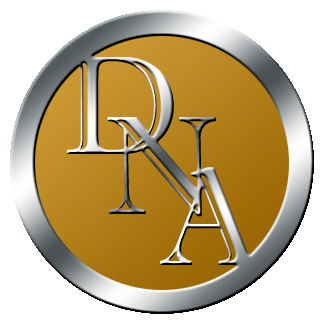After spending several years applying various process improvement methodologies in several manufacturing environments, I became ware that something more was needed. Dr. Peter Drucker is quoted as making the distinction between 'doing things right' or 'doing the right things.' I began to realize most improvement methodologies only addressed "doing things right." What was needed is more knowledge about "doing the right thing." Dr. Drucker used his analogy to demonstrate the difference between leadership and management, however I believe the analogy has broader connotations.
So far, my exploration has found two areas that are very helpful.
One was a map of theory for management. Not a tool for decision making (many exist), something more fundamental. What I found was a theory founded in four areas of specialty. Variation, Systems Thinking, Psychology, and a Theory about Knowledge, called "The Deming System of Profound Knowledge." Each specialty providing great understanding by itself, contributing to our definition of business 'reality.' Exploring the interactions of these four specialties provides truly grand insights into the world around us. Creating a humanistic working environment, where people have a sense of belonging and can make a meaningful contributions.
Now the quest has two significant elements: a) process improvement to improve efficiency of work, and b) the System of Profound Knowledge to create a management environment for growth.
So what else is needed? What could be added to the mix that would positively impact the business? Many studies and anecdotes point towards the design of product or service as having a great financial impact to a business. But where do I find a method that is not overly complicated and while being effective.
What I found was Value Management, where the focus is not on the activity, but on the intent of the product or service. The basic foundation of Value Management is a series of five, deceptively simple, questions.
1) What is it?
2) What does it do?
3) What does it cost?
4) What else will do that?
5) How much does that cost?
This foundation of Value Management is built upon with two additional areas.
Function Analysis System Technique (F.A.S.T. model) is the technical name. However, I like to call it a Function Relationship Map. It is a technique that maps the intent, or the function, of the product or service at a higher level of abstraction. It is not a traditional activity based 'flow chart' or 'process map,' but map of functions described by using two words, an active verb and measurable noun. Functions are arranged so each statement answers the question of 'how' or 'why' of other functions. Once the function map is verified, several matrixes are created and linked to the map. Common matrixes are cost, responsibility, and other elements.
A workshop type setting is the second addition to Value Management's foundation. The group challenges assumptions; verifies 'facts,' creates a common understanding and ultimately a common road map for a plan. After all, a plan created by the people most likely effected and accountable for the project, is the plan most likely to succeed.
This group effort has an interesting progression, especially given the 'map of theory for management' mentioned above. The rough series of challenges are: What is the real issue, as opposed to just symptoms? What are the goals? What are the elements? How are the elements measured? Not all measures are equal, so the group assigns weights to them. Scale those measures and show where you are now. Once completed, the group has a common understanding of the issue at hand and finds it easier to adjust to the obstacles frequently found in deploying a plan.
My quest now has three elements;
1) Process Improvement,
2) Theory of Management, and
3) Value Management.
I like to think of them as 'The Triad for Improvement,' providing a practical guide for improving business.
